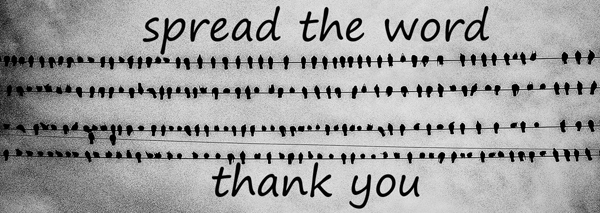
| WELCOME |
 |

comments, ephemera, speculation, etc. (protected political speech and personal opinion) 2020- 2020-10-18 b THE COVID-CON - II Liberty, in Sickness and in
Health
Judicial skepticism is reining in pandemic emergency orders. In the pandemic’s early days, the American judiciary largely gave governors wide leeway in issuing unprecedented business-closure and stay-at-home orders in order to dampen the spread of the disease. More recently, some judges, concerned by the scope and duration of those orders, have taken steps to enforce constitutional limits on executive power. Last May, in response to the several dozen lawsuits that had been filed at that time demanding justification for drastic quarantine measures, a colleague at Pacific Legal Foundation wrote, “the longer the lockdowns go on and the less necessary that they seem, the more scrutiny we can expect courts to apply.” Now, the number of lawsuits filed has mounted into the hundreds, and several recent opinions—from a state Supreme Court, a federal district court, and among dissenting justices at the U.S. Supreme Court—have begun to engage a more serious discussion about the limits of those emergency powers. The most recent of these decisions (issued earlier this month), Midwest Institute of Health, PLLC v. Whitmer, overturned some of Michigan governor Gretchen Whitmer’s emergency orders on the grounds of the separation of powers. The case was originally brought in federal court by a group of “non-essential” health-care workers prevented from offering services under one of Whitmer’s executive orders and by a patient prevented from receiving knee surgery during this period. The federal court referred the case to the state Supreme Court to opine on the limits of the governor’s authority under the state constitution. The Michigan Supreme Court first found that emergency-management law requires the governor to secure the approval of the state legislature in order to continue exercising emergency power. Second, the court found that even if the legislature had given Whitmer continuing authority to issue orders responding to Covid-19, this open-ended grant of power would represent an unconstitutional delegation of law-making authority. Even if the governor’s orders were constitutional as temporary emergency measures, the state Supreme Court determined that they had gone on for too long. In Butler v. Wolf, a group of Pennsylvania counties, public officials, and business owners brought a constitutional challenge in a federal trial court against orders issued by Governor Tom Wolf. They complained that numeric limitations on gatherings violated their First Amendment rights to free speech and free assembly and that orders shutting down private businesses and stay-at-home orders violated Fourteenth Amendment rights to liberty and equal protection of the laws. Ruling for the plaintiffs, Judge William Stickman wrote that “good intentions toward a laudable end are not alone enough to uphold government action against a constitutional challenge,” and he affirmed the judiciary’s unique role in checking the emergency powers of other government actors, especially when the purported emergency has lasted for over six months. (read more) ______________________ Permission is hereby granted to any and all to copy and paste any entry on this page and convey it electronically along with its URL, ______________________ |
...
News and facts for
those sick and tired of the National Propaganda Radio
version of reality.
|
|||||
|

| If
you let them redefine words, they will control
language. If you let them control language, they will control thoughts. If you let them control thoughts, they will control you. They will own you. |
| © 2020 - thenotimes.com - All Rights Reserved |